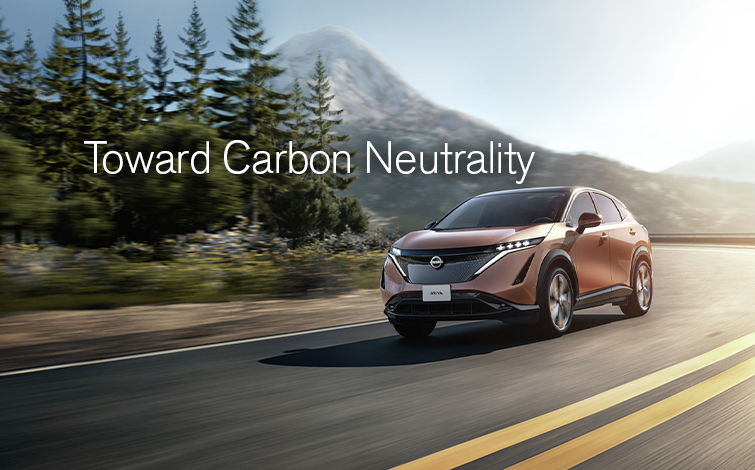
Nissan Sets Sights to become Carbon Neutral by 2050
Gasoline-powered vehicles are one factor that many of us recognize as causing major harm to the environment. Exhaust fumes, mining and production of materials, and a number of other factors in and around the auto industry play into our carbon footprint. With the idea of electric cars becoming more and more common, it isn’t surprising to see many major car manufacturers step up to the plate to do their part to become more environmentally responsible. We were delighted to see the popular brand, Nissan, make an announcement that they are working towards becoming carbon neutral by 2050.
A step in the right direction
Over the past few years, Nissan has begun making strides towards the development of their electric and hybrid cars. The car manufacturer has recently announced that they are headed full steam ahead towards a future of carbon neutrality.

The Nissan Green Program
As part of the manufacturer’s efforts to encourage carbon neutrality and environmental awareness, they have a plan in place, which they have, thankfully, broken down into four core priorities. These pillars are the focus of the interim years and a guide to help maintain the focus of meeting the goal of becoming totally carbon neutral by 2050.
“We’re determined to help create a carbon-neutral society and accelerate the global effort against climate change,”
Makoto Uchida, Nissan CEO
The four pillars are simple: air quality, resource dependency, water scarcity, and climate change. Together, these simple yet meaningful priorities do well to breakdown what changes the brand is looking to make. Along with the help of industry coalitions and other authorities on the topic, Nissan believes that they can meet the goal of carbon neutrality and set an example for other leaders in the automotive industry.

Keeping it realistic
Of course, major and permanent changes take a lot of time. To meet its pillar of air quality, Nissan is working to promote cleaner emissions. For water scarcity, the brand can work by reducing water use and managing water quality throughout the manufacturing and production process. To improve resource dependency, the brand intends on working towards a sustainable source of materials and using materials as efficiently as possible. And, of course, for climate change, promoting the production of electric cars to reduce our carbon footprint.

With so many large car manufacturers like Nissan and Audi making strides forward towards becoming more environmentally conscious, it gives us a lot of hope for the future of the automotive market.


